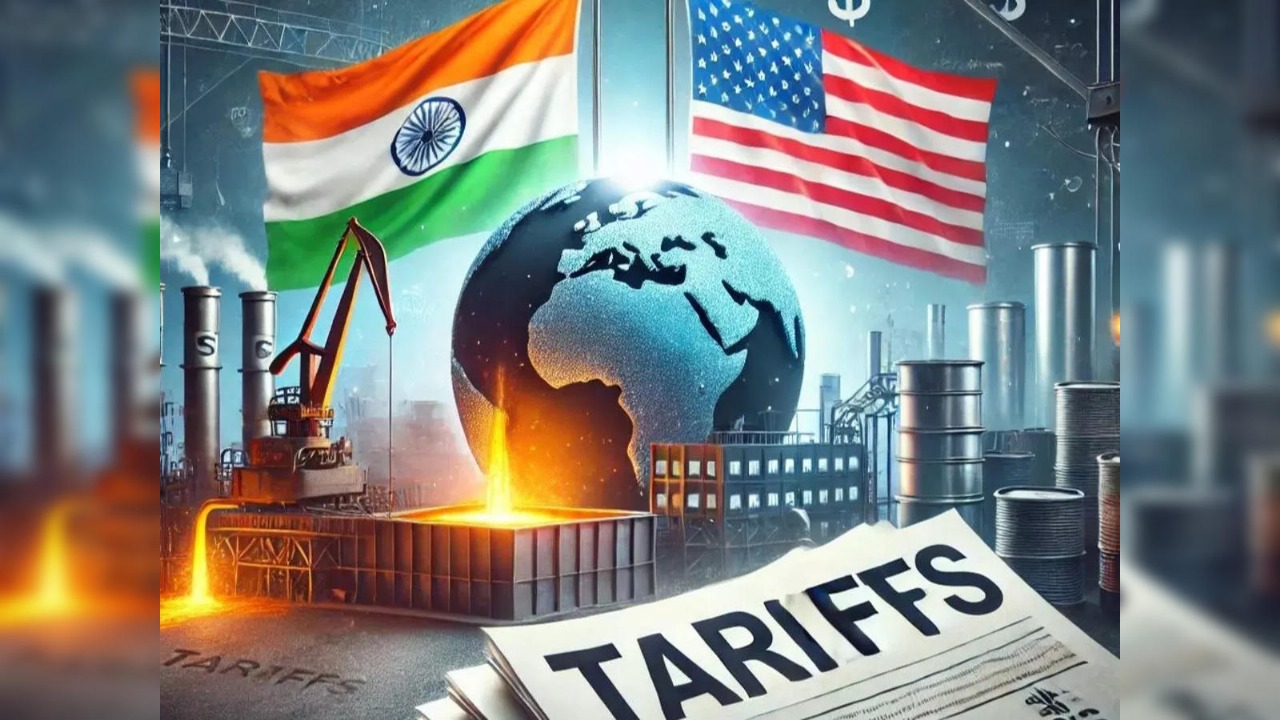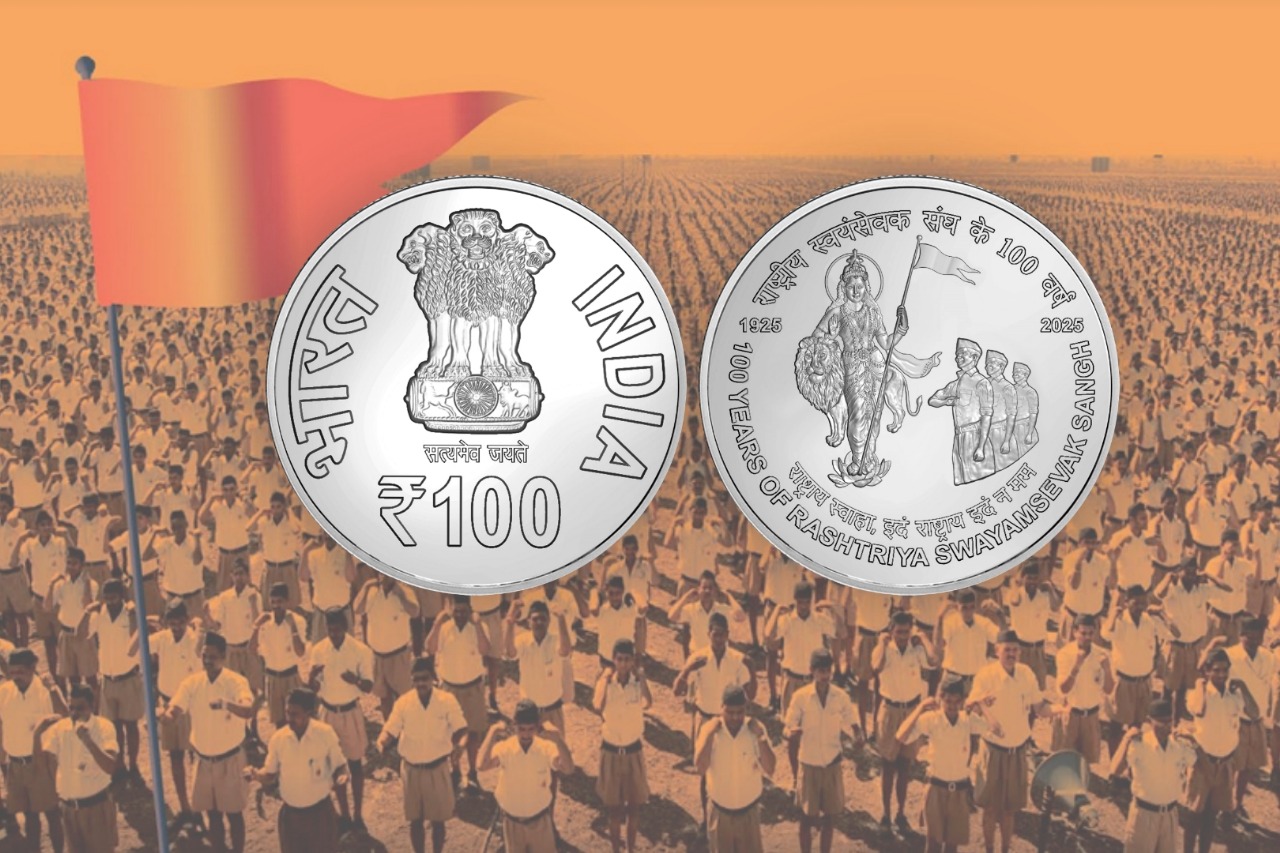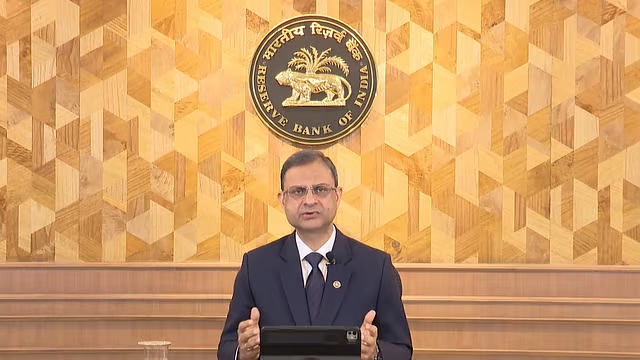India is actively negotiating a trade agreement with the United States, aiming to secure significant tariff reductions on key goods while committing to increased imports of US defence and energy products. This initiative is part of a broader strategy to strengthen bilateral trade relations and address reciprocal tariff concerns.
The proposed deal includes India cutting tariffs on over half of US imports, valued at $23 billion, which are currently subject to tariffs ranging from 5% to 30%. This would mark one of the most substantial tariff reductions in recent years. The move is designed to shield India's exports to the US, worth $66 billion, from potential reciprocal tariffs that could impact 87% of these exports. The reciprocal tariffs, set to take effect soon, have created market uncertainty and prompted policymakers to act swiftly.
India's internal analysis highlights the potential economic impact of these reciprocal tariffs, emphasizing the need for a balanced trade agreement. The negotiations also involve discussions on sector-specific tariff adjustments and product-by-product agreements to ensure equitable trade reforms. The US, on its part, has a trade deficit of $45.6 billion with India, making this deal strategically significant for both nations.
The discussions gained momentum following Prime Minister Narendra Modi's visit to the US in February, where both countries agreed to initiate talks aimed at resolving tariff disputes. The Indian government is keen to finalize the agreement before the reciprocal tariffs are implemented. Brendan Lynch, Assistant US Trade Representative for South and Central Asia, is leading the US delegation in these negotiations.
This trade initiative underscores India's commitment to fostering stronger economic ties with the US while safeguarding its export-driven industries and addressing global trade challenges.
Sources: Economic Times, Financial Express, Times of India




